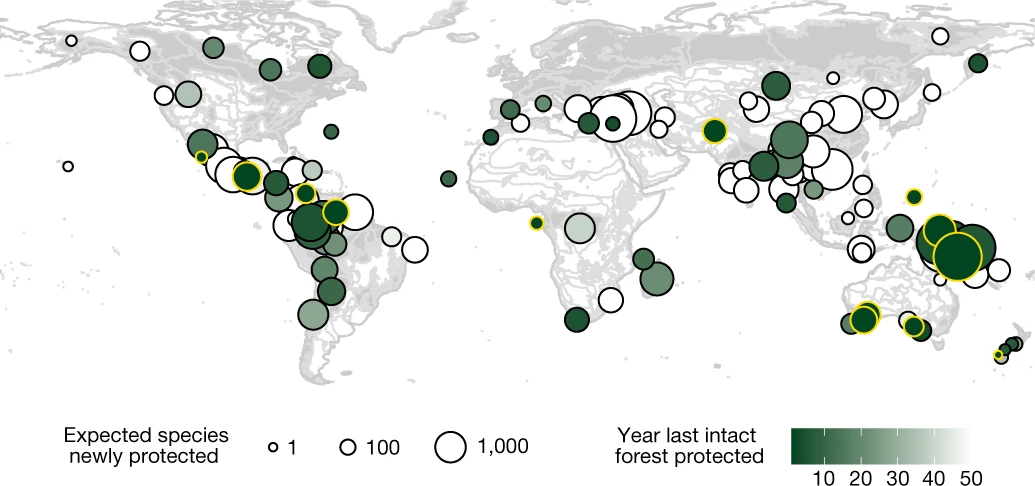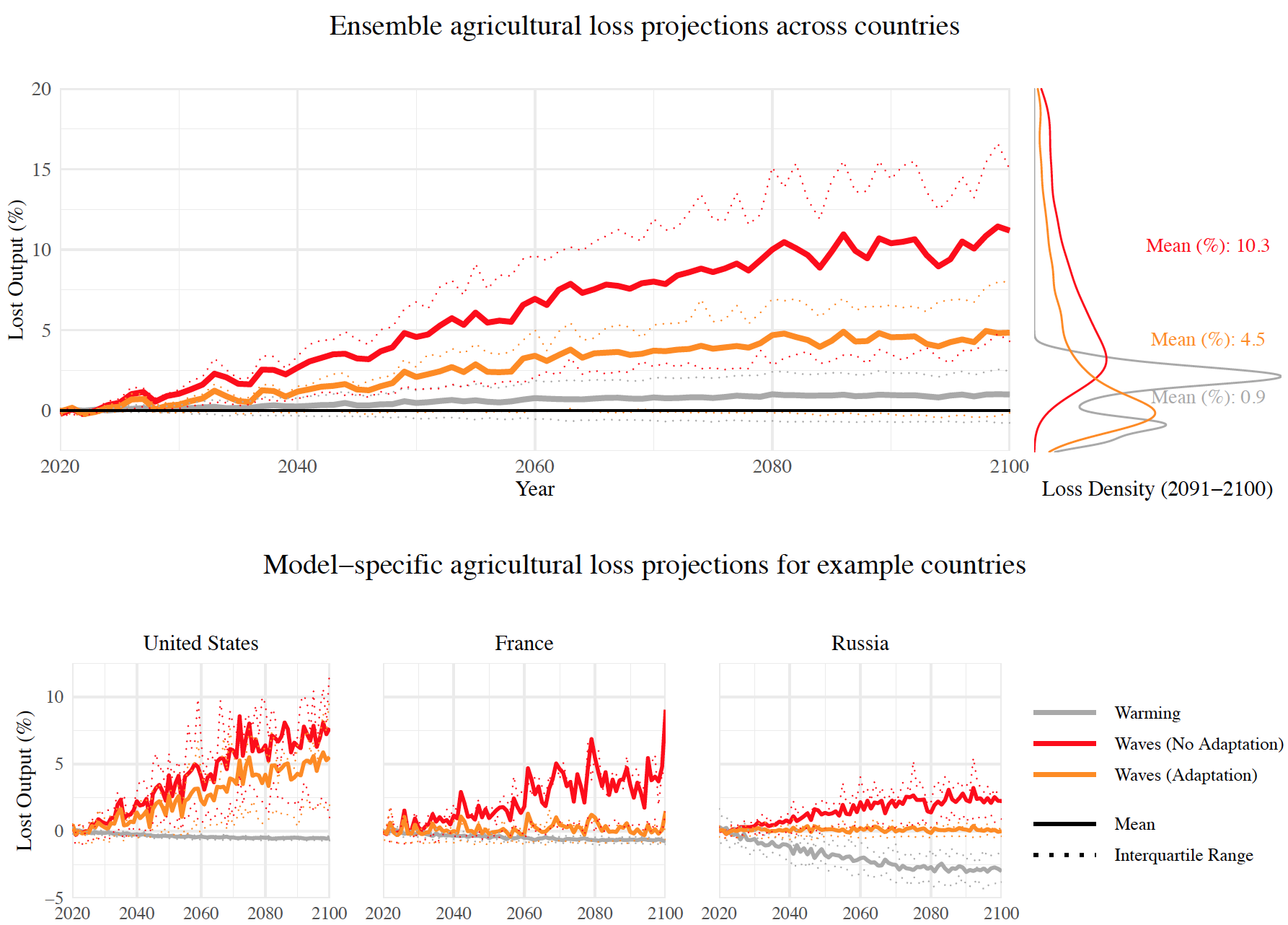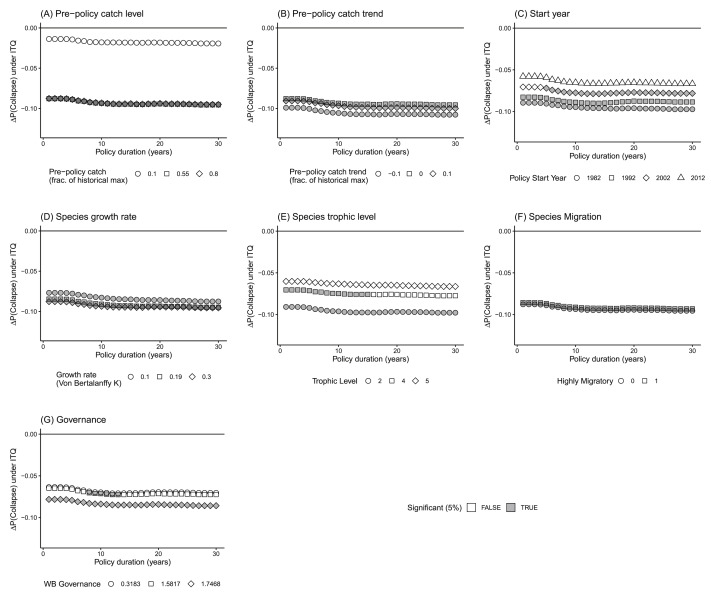About
I am an assistant professor in the Department of Environmental Studies at the University of Colorado Boulder. I am primarily an environmental and natural resource economist, though I studied computer science and worked in the software industry before earning my PhD.
Much of my work is focused on empirically quantifying impacts of both environmental disturbances and policies, while a second strand uses tools from game theory and dynamic optimization in the service of natural resource management and conservation. I enjoy collaborating with many smart people from other disciplines.
I have taught a range of topics, spanning undergraduate courses in environmental studies and climate adaptation through to graduate-level offerings in econometrics, applied statistics, and natural resource economics.
Selected Research(see Google Scholar for more)

When and where to protect forests
Nature
with Ian Luby & Steve Polasky
How should we allocate limited conservation dollars across global forests to maximize plant species conservation in the face of ongoing deforestation, rising land costs, and some overlap in species pools? We seek to address this question with numerical optimization.

Heat Waves, Climate Change, and Economic Output
Journal of the European Economic Association
with Kenn Chua, Jay Coggins, & Hamid Mohtadi
How does prolonged exposure to extreme heat affect growth in economic output, both overall and within the agricultural sector? We seek to address this question econometrically using newly derived measures of prolonged heat exposure.

Causal forest estimation of heterogeneous and time-varying environmental policy effects
Journal of Environmental Economics and Management
The effects of environmental policies often vary across both affected entities and through time. I show how causal forests can be adapted to simultaneously uncover both types of variation, revisiting the efficacy of fisheries individual transferable quotas in the process.
Opportunities
Graduate students & postdocs
I am currently recruiting quantitatively-inclined MS and PhD students and postdocs to work with me on research that is focused on environmental and natural resource economics (drawing on other disciplines as appropriate). I am interested in improving the diversity and cultures of the fields in which I work.
If you are a potential graduate student or postdoc who might be interested in working with me in ENVS at CU, please send me the following three things: (1) Your CV or resume. (2) A brief (1-2 paragraphs) description of your research interests and why you think ENVS and I would be best suited to help you pursue your goals. (3) A short description of your experience and skills, including links to or copies of any work you’ve published.
Funding
If you are interested in working with me, I would be more than happy to assist you with fellowship applications and to collaborate on grant proposals.
STUDENTS: I have some funding to support students, and other TAships and RAships are available on campus. I encourage all students and postdocs to apply for external fellowships that provide longer-term support. CU has some excellent resources on national fellowships, including a number of resources for students from under-represented groups. More generally, the NSF GRFP and DOE CSGF might be of interest for quantitatively-minded students.
POSTDOCS: I do not currently have guaranteed funding to support postdocs, but there are a number of sources for postdoc funding both at CU and via federal agencies (e.g., NSF, NOAA/UCAR) and nonprofits (e.g., TNC).